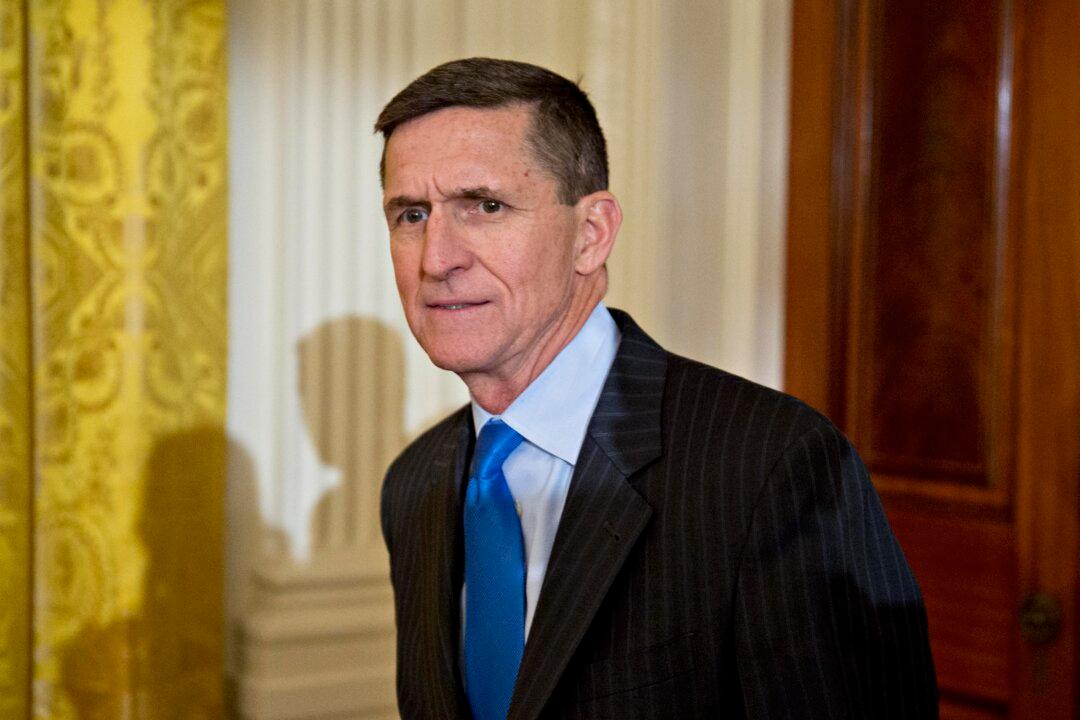News Analysis
Retired Lt. Gen. Michael Flynn’s assertion of innocence highlights the fact that the public, his lawyers, and even his judge have yet to see the foundational evidence of the crime he’s been accused of.


Retired Lt. Gen. Michael Flynn’s assertion of innocence highlights the fact that the public, his lawyers, and even his judge have yet to see the foundational evidence of the crime he’s been accused of.